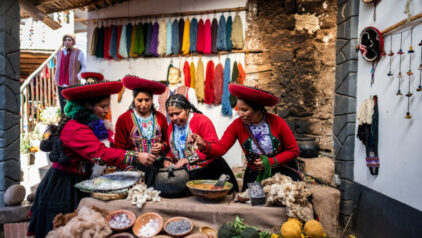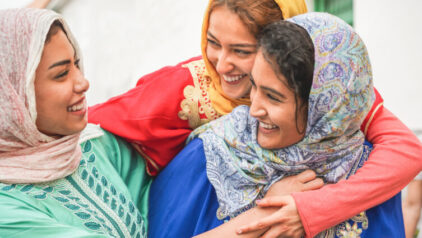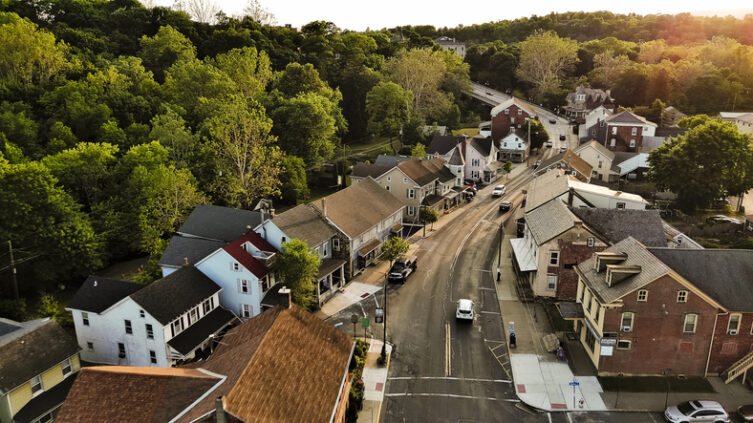

 Many families are descendants of immigrants or refugees. It is a part of our unique histories.
Many families are descendants of immigrants or refugees. It is a part of our unique histories.
As our ancestors – or more recently, ourselves, parents or grandparents – traveled thousands of miles to find safety in another country for various reasons, the process of adapting to life in a new place is often challenging.
My great-grandparents came from Belarus to Newark, New Jersey, in 1905. While they barely ever learned English themselves, they made sure that their children learned English and that they did well in school. Their children and grandchildren went on to college and became doctors, engineers or entered other professions. Perhaps it was easier for them as the Yiddish-speaking immigrant community in Newark of that time was so large. There was always someone – who had arrived much earlier and learned the system – to help out with the language or whatever problem needed to be solved.
It is different when an immigrant is part of a new, smaller group of people who have only recently arrived. The community support system is not yet that well-established and the immigrants or refugees rely on the wider community to help them.
A recent study by sociologists at the University of Dayton (Ohio) indicates that adjusting to linguistic and cultural differences is a daunting task. They presented the new research at the 107th meeting of the American Sociological Association (ASA).
Although focused on immigrants and refugees who resettled in the US, there are similarities to other countries which are also final destinations for those looking for safety.
According to Professor Theo Majka, the refugees may find themselves going from a developing country’s refugee camp to a Midwestern city in the US. Their journey from a rural environment to a post-modern urban world can cause much difficulty.
Majka and his wife Linda, also a sociology professor and the study’s co-author, researched the experiences of refugees from six ethnic or cultural groups who resettled in Dayton over two decades. The couple wanted to know if the experiences of these refugees differed from those immigrants who came by choice. They weren’t sure what they would find.
They discovered that both groups faced similar challenges, but the refugees may suffer from post-traumatic stress due to possible violent experiences in their home countries.
Included in the study were a broad cross-section of individuals, those who were well-educated and Western-oriented as well as those barely literate and unfamiliar with Western culture.
Language was the greatest obstacle to better integration, they found. Although English classes were offered, the immigrants had problems trying to attend, as they were at inconvenient times and places. Child care was an issue. Their lack of English also impacted the refugees’ health care and ability to find jobs, even if they had good education and skills.
Were you born elsewhere and came to the place you now live as an immigrant or refugee? What were your biggest challenges? How did you overcome them?
Share your experiences in the comments below.









